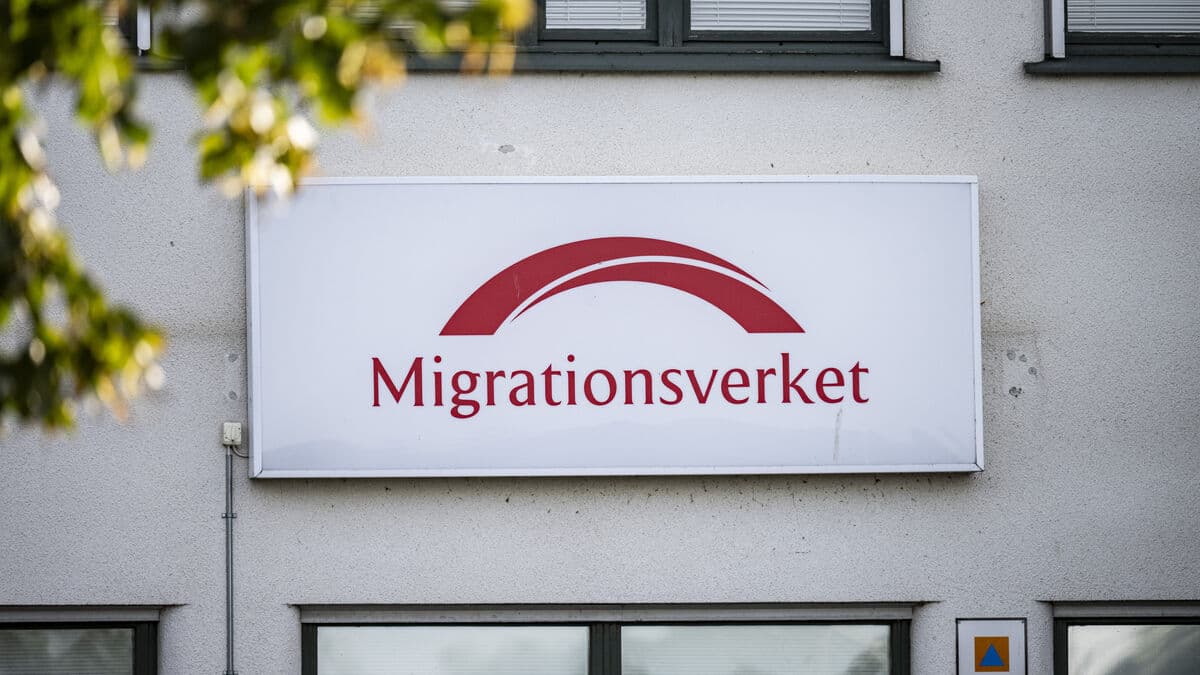On Wednesday, the President of the USA announced that the tariffs on EU goods will be 20 percent. The Union has previously promised a response to any tariffs, but has said that it would prefer to find a solution through negotiations. If they fail to do so, the EU is expected to impose tariffs on American goods, but in a way that harms the EU as little as possible.
The EU's response is expected to be largely symbolic, but it's not at all certain that they will respond as broadly as the USA has done, says Fromlet.
Among the American goods that the EU may consider imposing tariffs on are food products such as peanut butter and bourbon, as well as clothing like jeans. These products will then become more expensive for Swedes in stores.
Dependent on medicines from the USA
There are several factors that the EU takes into account when planning its response tariffs.
I think there are certain goods that they may not want to impose tariffs on, which the EU is heavily dependent on, such as medicines and energy, says Fromlet.
In order not to escalate the situation, the EU also wants to avoid imposing too comprehensive tariffs that the USA would then respond to in turn.
The Union also wants to keep inflation down. If they were to impose tariffs on a large number of goods, many products would increase in price, which would push up inflation. If they instead choose to impose tariffs on a smaller number of goods that are still important to the USA, it would affect European inflation less.
The EU can find other ways
The EU has not yet given any indication of when a response can be expected.
Even if I think the EU will react more forcefully than usual when something like this happens, it's still many countries that need to have their say and express their opinions on which tariffs to impose, says Pia Fromlet.
But the EU will certainly respond within a few weeks.
Even though there are still many question marks, the American tariffs on European goods could have a significant impact on trade in general if they persist.
In the long run, companies can find other ways to adapt and find new trade routes. The USA is extremely important for Europe, but there are many free trade agreements with other countries and regions, says Fromlet.
The EU may need to adjust its exports, but then we're talking about a fairly long time ahead.






